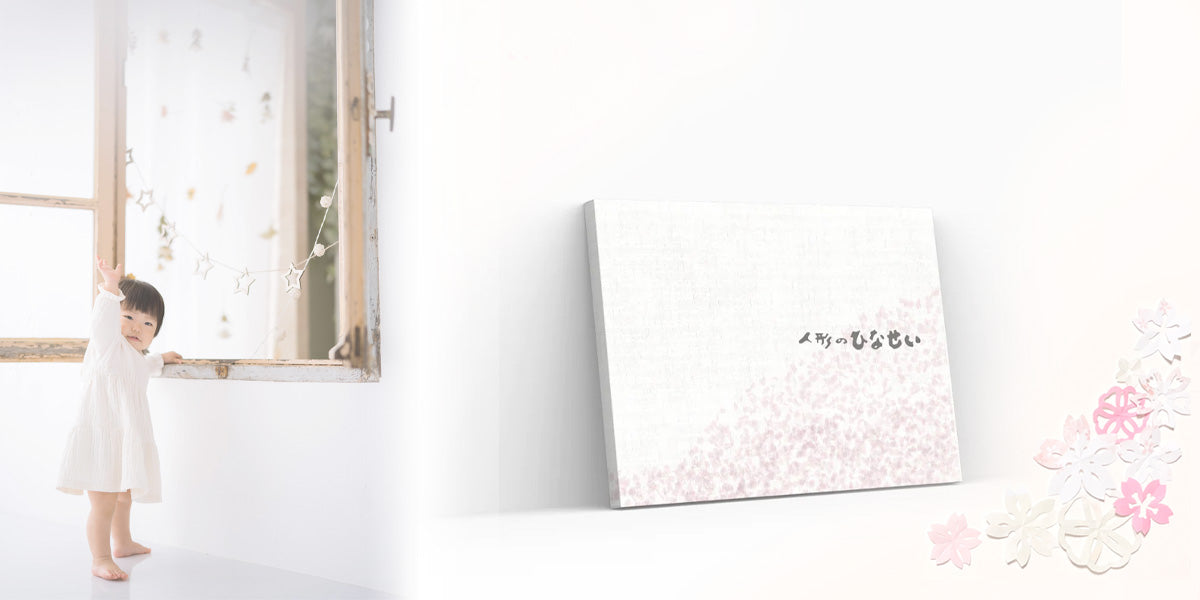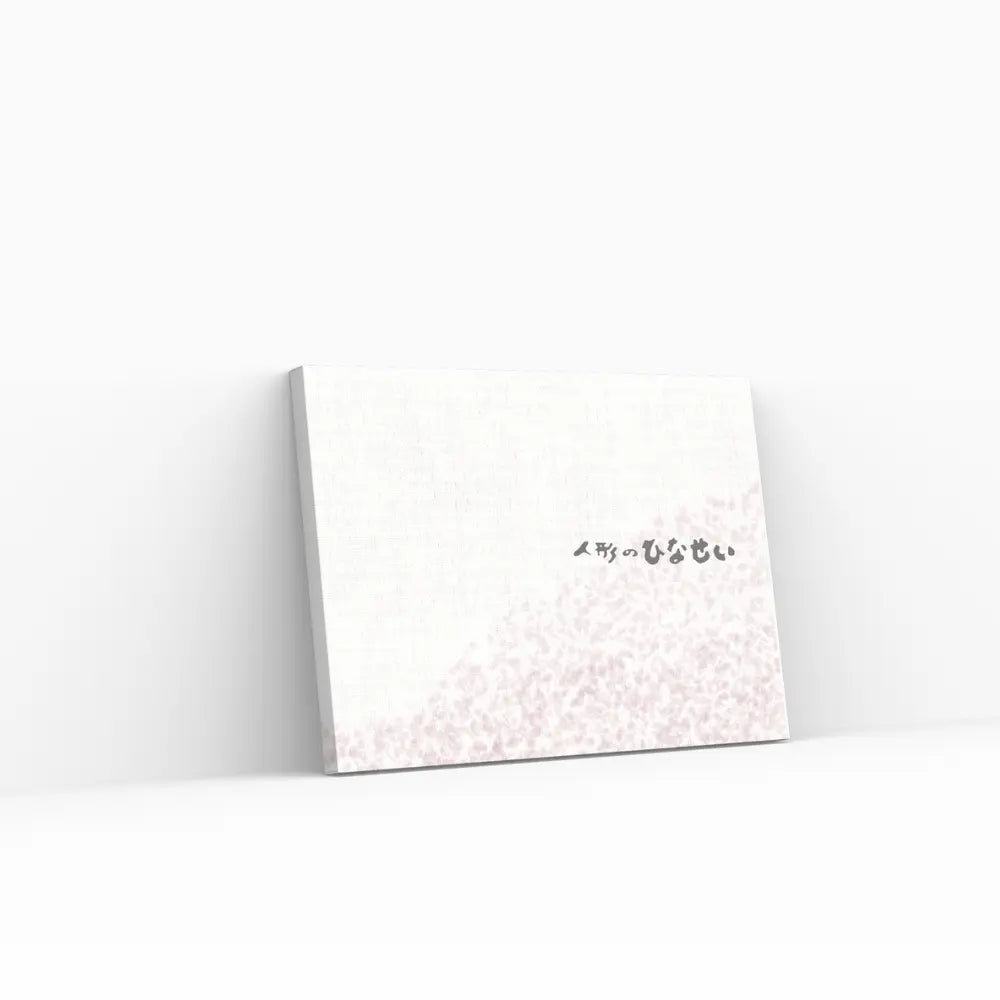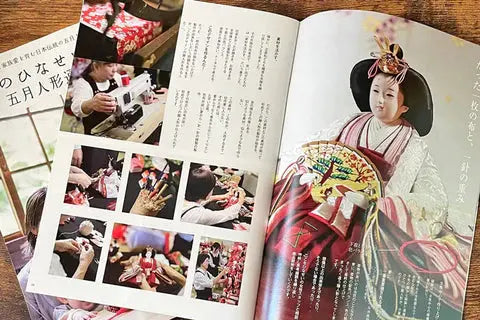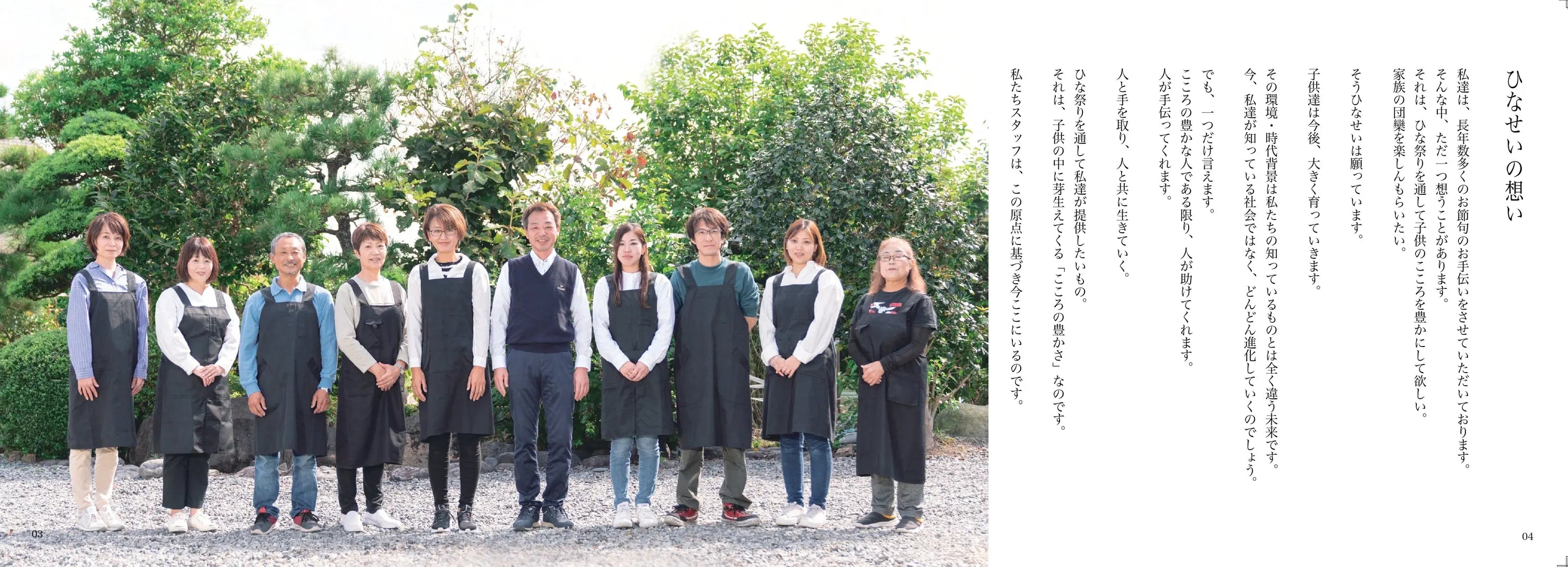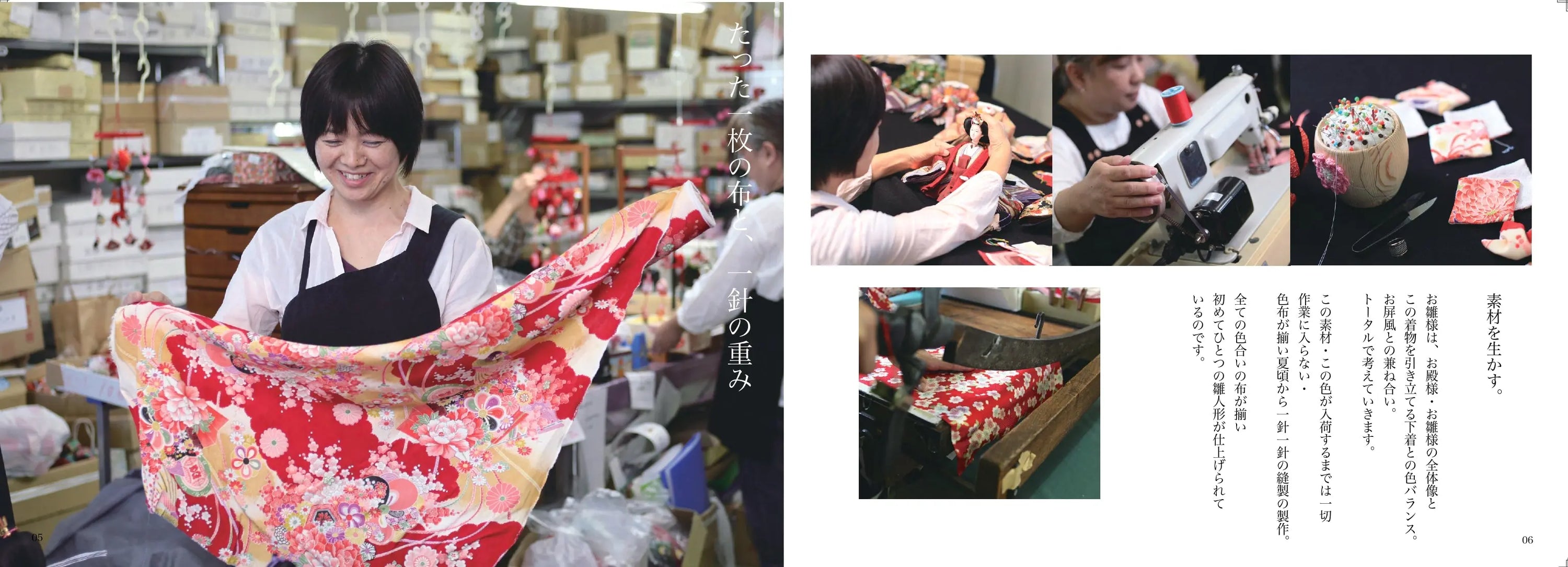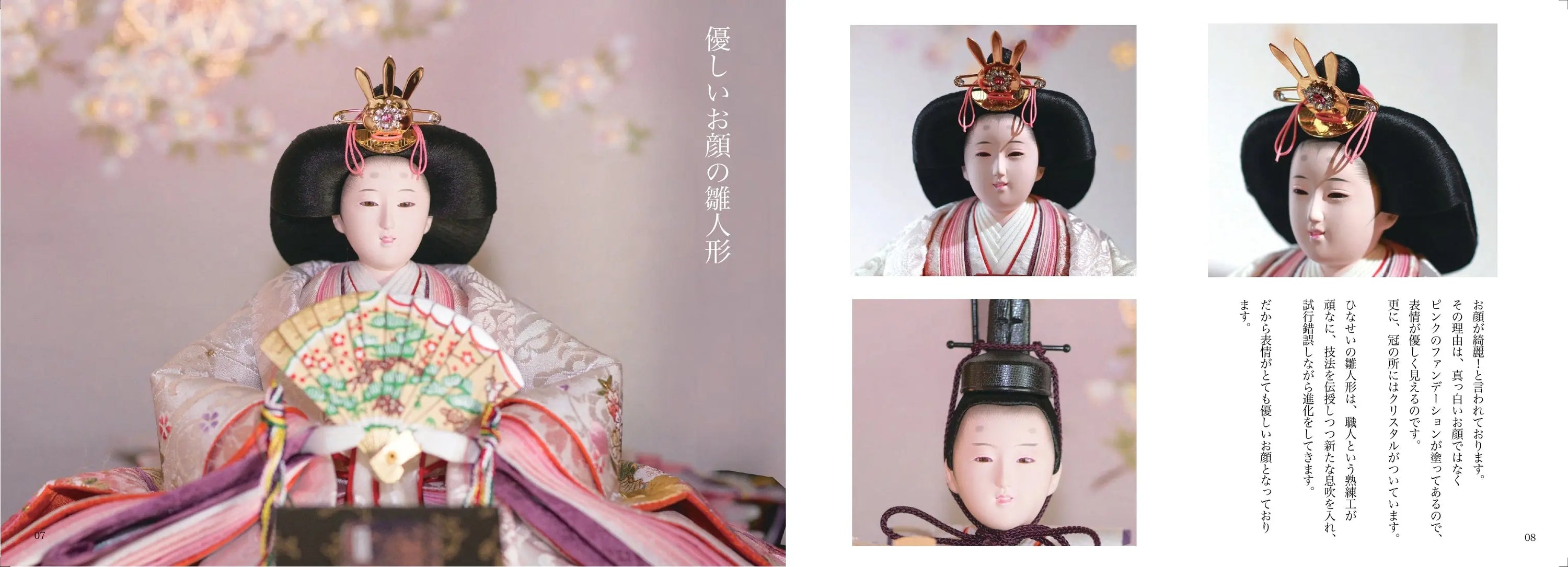What is the Double Ninth Festival on September 9th? Its meaning, origin, and traditional events
Here, one of Japan's oldest traditional events,
We will explain about the Choyo Festival, which is one of the five seasonal festivals and takes place on the 9th of the month.

By the way, the other five famous seasonal festivals are
These include New Year's Day, Hinamatsuri, and Children's Day.
If you want to know the technical terms,
Please see " Learn more about the five seasonal festivals of traditional Japanese culture ."
I hope this is helpful.
---- table of contents ----
Click below to jump
3. What do you do on Double Ninth Festival?
~Traditional event held on September 9th~
7. Prayers for longevity and eternal youth : The meaning of the Double Ninth Festival customs
8. Learn about traditional Japanese events : Setsubun, Obon, New Year's Day, and Tanabata
10. Modern Choyo no Sekku : Easy ways to celebrate and events
12. Summary : Learning about traditions and praying for longevity through the Double Ninth Festival

What is the Double Ninth Festival? A simple explanation of how to read it, its meaning, and its origins
The Double Ninth Festival is a traditional Japanese event held on September 9th to pray for longevity and good health.
The Double Ninth Festival is
This is a traditional Japanese event that takes place on September 9th.
This day is considered particularly auspicious as it contains multiple 9s, which are the number of "yang."
This festival, which was introduced from ancient China,
This is an event where people pray for health and longevity by decorating with chrysanthemum flowers and drinking chrysanthemum wine.
It has been celebrated in Japan since the Heian period and is still celebrated in some places today.
Simply put, Double Ninth Festival is a day to pray for the health of oneself and one's family.
The relationship between the five seasonal festivals and other festivals (Jinjitsu, Tango, Tanabata)
One of the five seasonal festivals:
The relationship between the Double Ninth Festival and other festivals (Jinjitsu, Tango, and Tanabata) is also important.
The Double Ninth Festival is
January 7th is Jinjitsu, March 3rd is Joshi,
It is one of the five seasonal festivals, along with Tango on May 5th and Tanabata on July 7th.
These festivals are held at the change of seasons to pray for health and happiness.
The Double Ninth Festival is known as a day to pray for longevity.
Each of the five seasonal festivals has a different meaning,
It is deeply rooted in Japanese culture and history.

The Double Ninth Festival is held on September 9th.
A traditional event held on September 9th.
So what do you do on Double Ninth Festival?
On the Double Ninth Festival, chrysanthemum flowers are displayed,
Drinking chrysanthemum wine is a way to pray for good health and longevity.
There is also a custom called "Ato no Hina," in which the Hina dolls that were put up on March 3rd are put up again.
This is an event in which people put the Hina dolls back on display to pray for the health and safety of their family.
These customs are deeply rooted in traditional Japanese life.
It can be easily adopted by the whole family.
The meaning of the date of Double Ninth Festival and its historical background
Why September 9th?
We will explain the meaning of the date of Double Ninth Festival and its historical background.
The reason why September 9th was chosen as the Double Ninth Festival is
This is because odd numbers, which are "yang" numbers, occur together.
In particular, "9" is the largest positive number,
It has been considered auspicious in China since ancient times.
This idea spread to Japan,
Since the Heian period, the Double Ninth Festival has been celebrated on September 9th.
On this day, events using chrysanthemum flowers are the main focus.
It is meant to pray for good health and longevity.

What are the later Hina dolls? Explaining the relationship between the Double Ninth Festival and Hina dolls
It is a custom to put out the Hina dolls that were put up on March 3rd again and pray for longevity.
Regarding the next chick...
The later Hina dolls are
It is a custom to display the Hina dolls that were put up for the Girls' Day festival on March 3rd again for the Double Ninth Festival on September 9th.
This is meant to wish for longevity by allowing the Hina dolls to breathe well.
It originally began in the Edo period and spread as an event to pray for the health of adults.
It continues in some areas today,
The purpose of putting the Hina dolls back on display is to pray for the health of the family.
Chrysanthemum sake celebrated on the Double Ninth Festival
How to make it and its meaning as a prayer for health
We will explain about the alcohol that is drunk to pray for health and longevity.
Chrysanthemum sake celebrated on the Double Ninth Festival
Chrysanthemum sake is a special drink that is drunk on the Double Ninth Festival.
It is believed that chrysanthemum flowers steeped in sake will ward off evil spirits with their fragrance.
Drinking this sake is a custom to pray for good health and longevity.
The recipe is simple: just pick some chrysanthemum flowers and float them in sake.
On the Double Ninth Festival, enjoy chrysanthemum sake with your family.
Take the time to pray for good health.
Wishing for longevity on the Double Ninth Festival
The meaning of prayers and customs for eternal youth and longevity
This is a traditional Japanese event in which chrysanthemums are used to pray for longevity.
Wishing for longevity on the Double Ninth Festival
The Double Ninth Festival is an important event for praying for eternal youth and longevity.
On this day, people decorate with chrysanthemum flowers and drink chrysanthemum wine to pray for longevity and good health.
They also cover chrysanthemums with cotton and then wipe their bodies with the cotton that has absorbed the scent.
There is also a custom called "Covering chrysanthemums with cotton."
These traditional customs are performed to protect the health of the family.
It is still treasured in some areas today.

Introduction to Setsubun, Obon, New Year, and Tanabata
Learn about traditional Japanese events
We will introduce Setsubun, Obon, New Year's Day, and Tanabata.
In Japan, there are various traditional events for each season.
For example, Setsubun takes place in February and is an event to drive away demons and bring in good fortune.
Obon is a period in August when the spirits of ancestors are welcomed and families visit their graves.
New Year's Day begins on January 1st and is an important time to celebrate the New Year with family and friends.
Tanabata, held on July 7th, celebrates the legend of Orihime and Hikoboshi.
These events are important for gaining a deeper understanding of Japanese culture and traditions.
Chrysanthemum covering:
Customs and their meanings surrounding the Double Ninth Festival
The chrysanthemum covering is a custom performed on the Double Ninth Festival to pray for longevity.
About the chrysanthemum covering...
What is chrysanthemum covering cotton?
This is a custom that takes place on the Double Ninth Festival, where chrysanthemum flowers are covered with cotton on the night of September 8th.
The next morning, you wipe your body with the cotton and pray for long life.
This custom involves transferring the scent of chrysanthemums to cotton,
It was believed that its scent would ward off evil spirits and keep you healthy.
It is said that it was held at the Imperial Court during the Heian period.
The tradition continues to some extent today.
This custom is an important event to pray for the health and longevity of the family.
Modern Choyo no Sekku in a nutshell
Celebrations and events you want to incorporate
A simple way to celebrate is to decorate with chrysanthemums and enjoy chrysanthemum sake with your family.
Modern-day Double Ninth Festival can easily be celebrated by incorporating traditional customs.
For example, decorating your home with chrysanthemums,
It is common to prepare chrysanthemum sake and drink it with family.
In addition, simple arrangements using seasonal flowers,
We also recommend enjoying some Japanese sweets.
These methods can be easily adopted by busy modern people,
You can spend some quality time with your family while praying for longevity and good health.

Autumn Annual Events: Relationship with Autumn Festivals and Respect for the Aged Day
Autumn events and the Double Ninth Festival
We will explain the relationship between autumn festivals and Respect for the Aged Day.
Autumn Annual Events and Double Ninth Festival
In addition to the Double Ninth Festival, other annual autumn events include:
There are autumn festivals and Respect for the Aged Day in each region.
The Autumn Festival is a traditional event held to give thanks for the harvest and pray for a good harvest.
Respect for the Aged Day is celebrated in September and is a day to pray for the health and longevity of the elderly.
These events are held in autumn to promote health and
There is a common theme of wishing happiness.
In particular, the Double Ninth Festival is an event that marks the beginning of autumn.
It can be enjoyed by the whole family.
summary
Through the Double Ninth Festival
Learn about traditions and pray for longevity
The Double Ninth Festival is one of Japan's traditional events.
It is performed to pray for good health and longevity.
Summary of Japanese Events: Double Ninth Festival
The Choyo Festival, one of the five seasonal festivals, is held on September 9th.
It is a traditional Japanese event.
The meaning and customs of this festival are
This is an event with the purpose of praying for health and longevity.
Specifically, we will
By decorating with chrysanthemum flowers and drinking chrysanthemum wine
This custom is said to make wishes for good health and longevity come true.
There is also a custom called Ato no Hina.
Hina dolls are displayed on March 3rd for Hinamatsuri,
This Hina doll will be displayed again on September 9th.
It also represents a wish for longevity.
In this way, Japan's important traditions, customs, and practices are
It's also a truly heartwarming experience.

In a blog post by Jinya, a shop selling Hina dolls and engagement gifts ,
This article introduces the Double Ninth Festival .
I would like to pass on these ancient customs to the next generation.





